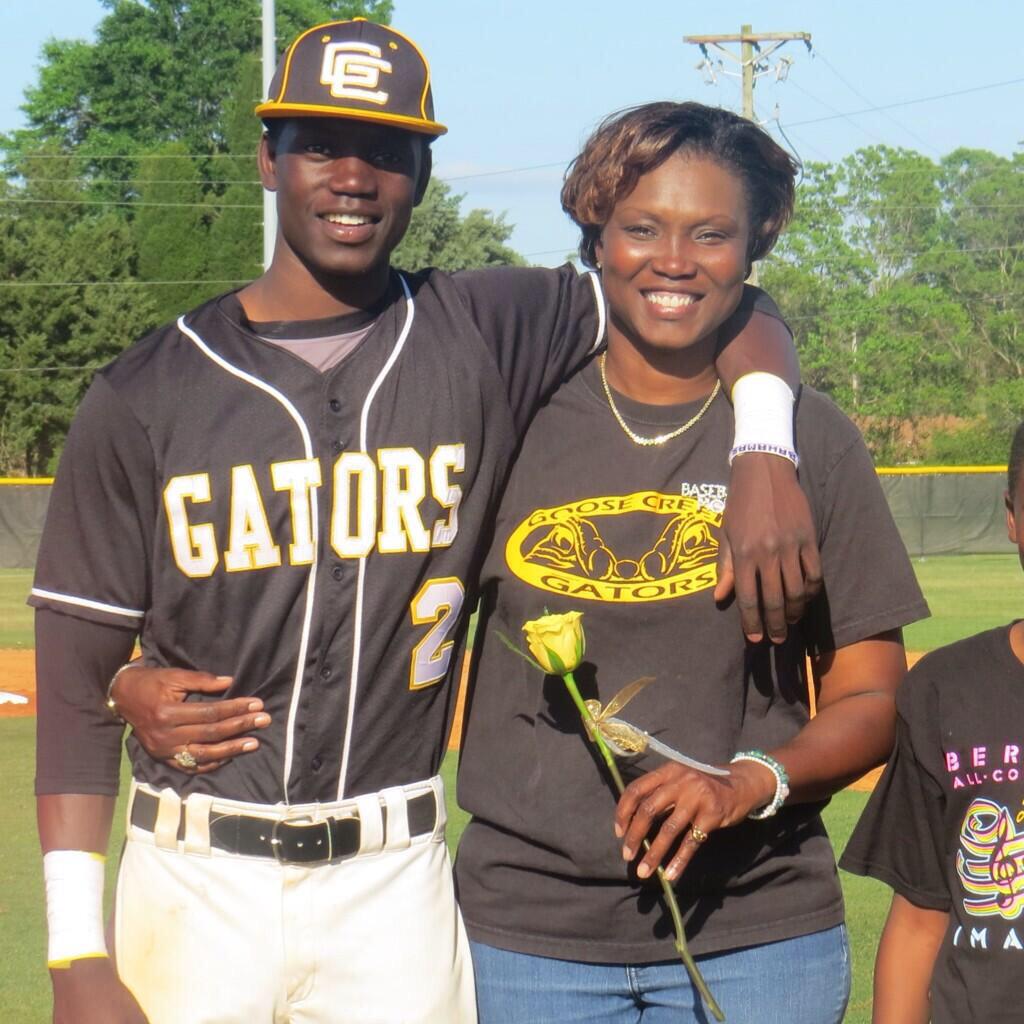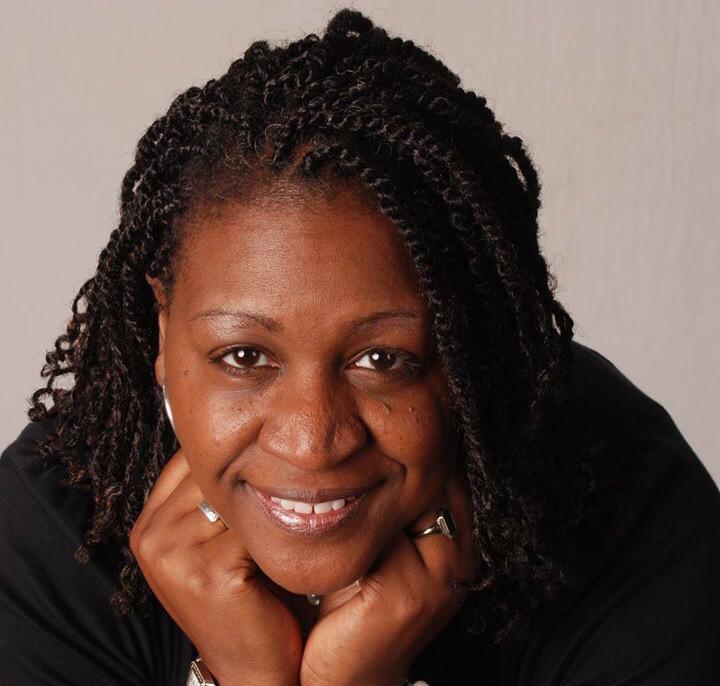Today a friend posted a status on Facebook about an incident that happened in front of the school where she teaches. A truck pulled up next to her and the passengers honked and yelled at her. Right in front of students. She was understandably mortified, and she posed an extremely powerful question: Why can't she have just one place where she is not a woman and objectified but viewed as a degreed, careered professional?
You would think, right? In a professional context, people would treat you with respect. Generally speaking, it's simply not the case. Hell, I was told I was "too pretty" for academia more times than I could count. That my efforts there were a waste. That no one would take me seriously. That I was "too sexy" for academia. By my colleagues. Men and women. People who were aware of my abilities. What does that even
mean?
The reality is with the insidious indoctrination of binary gender and rape culture, context means zip. Men are socialized to view women as objects for consumption, and they are entitled to our bodies and our spaces.
Rape culture is the current label for this brand of socialization, indicating the mainstream acceptance of images and messages that hearken to the "male gaze." Women's bodies are fetishized and categorized in television, film and movies. Women's work (primarily relegated to domestic, care-taking and reproductive labor) is largely undervalued while women are widely excluded from higher paying fields such as engineering. Women are shamed for their sexuality or exercising bodily autonomy. When transwomen are murdered (and they are predominantly Women of Colors), the first question asked always seems to be "Well what was she doing?" as if any answer to that questions justifies taking a human life. Women in the U.S. are acculturated by Protestant ethical standards which traditionally dictate women should be subordinate and subservient to men. Even toddlers are expected to wear t-shirts and shorts over two-piece bathing suits to look "appropriate."
I'm sorry, is this too sexy?
Women are taught from early on that we are squarely responsible for the sexual urges and actions of men. We must be modest so they can control their wild animalistic urges to bang everything around them with abandon.
Sound ridiculous?
Of course it does. And yet we see this logic played out again and again with victim blaming and slut shaming.
My own experience with sexual objectification started very young (a man at a garage sale when I was 6 told me if I was a little older he'd take me on a date because I was beautiful. Gross.), and has been perpetual and ongoing. When I was 16, a man stalked me at my place of work. He would frequent the store daily until I finally was reduced to hiding in the back when he came in. The store manager screamed at him, told him I was 16 and to leave me alone, but that of course didn't help a bit. He was waiting at my car when I got off of work. He was back in the store the next day. Security was called, he was banned from the mall, and I had to take a one month hiatus before I felt comfortable coming back. The questions by mall patrons about whether I was a "dancer" or referring to me as "a spinner" were at least weekly.
When I was freshly 18, I was head over heels in love with my then ex-boyfriend. We were on the verge of getting back together when I was raped by a coworker. I didn't tell him. I couldn't. I was horrified and feared anyone and everyone's reactions. I moved out of my parents' house, quit going to school, quit my job and found work elsewhere, and moved in with my ex-boyfriend. I couldn't commit to a relationship at that point, and he couldn't understand why. How could he? We were living together, we loved each other... I was erratic and depressed. Months later I was diagnosed with PTSD, but I didn't know what was happening to me at the time. To make matters worse, my ex began dating someone else while I was living with him. I became desperate to move out so maybe we could try again, but he didn't understand that either. He was angry. So when I did move out and appealed to him, even admitting what happened, he told me we couldn't get back together because it would be "unfair" to the woman he had been dating for 2 months. Yep. Unfair to her.
A year and a half later, I was dating a guy I met in class over the summer. One month in, his best friend drugged me and raped me. He couldn't wrap his mind around it, even though his best friend had been kicked out of the dorms at his school for alleged sexual harassment of several female students. But no, I clearly had done something wrong. I deserved it.
When I was 21, an ex-boyfriend broke into my apartment at 3 a.m. when he heard at a party I had been dating someone new. He felt so entitled to my body that I awoke to him on top of me beating me. He only left when I managed to get to my phone and call 911. He punched through two panes of glass in the window on his way out. His best friend ultimately reached out to his parents who convinced him to turn himself in. When police contacted me for a statement, they asked if I was sleeping around.
My more recent experience with assault is too fresh and too raw to share at this time. Suffice it to say my naive idea that being a highly educated professional with a husband and a daughter would afford me more respect was ill-fated.
I repeat: Context does not matter at all.
When I reached out to friends to share their stories, they came flooding in. Rape, molestation, harassment from strangers, vile comments in their places of work, policing of their bodies... The fact is it doesn't take physical assault to violate a person's feelings of worth, security, safety and privacy. Words can do plenty.
One particular story that was shared by a male friend highlighted something that bears discussion. He confessed to having been raped years ago, and upon sharing the experience of his attack was met with disbelief and mocking... By a woman. It may seem strange to highlight an instance in which a man was the target of objectification, but there is a point I cannot impress enough: women have so deeply internalized the script that men cannot be raped that they believe women are the appropriate targets. It's just part of being a woman.
This is profoundly troubling. There is no appropriate target of rape. Rape is always wrong in every context possible.
Even in my own experiences, people who I turned to for support posed questions: What was I doing that provoked the attack? How did I keep ending up around these violent people? Why would I put myself in unsafe conditions? I was instructed not to talk or make eye contact or be friendly to strangers, to never be alone with men, to avoid, avoid, avoid.
As if I had caused every single one of the aggressions, from getting stalked to being assaulted.
And the questions came as often from women as from men. Women have been socialized to believe "she deserved it." I struggled with believing "I deserved it."
But I didn't. And I don't. No one does. The backlash is starting to take hold, and it does my heart good.
A male friend asked me sincerely where the line is drawn between harassment and appreciation. I would like to shed a little light on what I personally feel should be guidelines for action or inaction.
1. Context SHOULD matter. Do not approach someone about anything remotely sexually involved while in a professional context. Ever. Do not approach someone about hooking up in a setting in which they might feel especially uncomfortable-- read the body language and vocal cues. If they're avoiding eye contact, looking around, shuffling, appear closed in with their arms or legs, angle away from you, give short responses or don't make an effort to initiate or perpetuate conversation, THEY ARE NOT INTERESTED. Respect their space, respect their choice, and walk the hell away.
2. Content is important. In stand-up comedy, the #1 rule for success is know your audience. You kind of have to get a feel for the crowd. If you walk up to someone you don't know and open with "You have the most amazing tits I've ever seen!" or "When can I put my head between your legs?" (both pick up lines used on me before), chances are REALLY good they will not appreciate it. Warm up to more. Really. Err on the side of going slower than you think you need to.
3. Do not make someone a spectacle. Many people don't like attention in general, and it's worse if it's unwanted attention and they're suddenly in the spotlight. It's a horrible violation of a person's privacy and space.
4. Tone is crucial. When commenting upon someone's appearance or even hoping to chat someone up for a date, make absolutely sure you do so in a friendly, laid-back and non-threatening way. You don't want to scare someone away and you certainly shouldn't be okay with scaring them into submission. Show respect by keeping it casual and low-stress.
5. Respect boundaries. If you see a ring or someone says they're in a relationship, walk away. Unless otherwise expressly stated, most marriages are not a polite suggestion. They are commitments between two people. Stay out of it. Do not pass go. Do not collect $200. It is skeevy and disgusting to continue when you have been given a clear indicator to stop. And that doesn't just go for rings, y'all.
My hope is by bringing these things to light and contributing to the conversation about sexual objectification that people feel they are not alone, and perhaps I can help those who earnestly want to avoid crossing lines. Teach your sons not to rape, that they are not entitled to women or their bodies. Demonstrate respect to everyone you meet. Always get consent. My best to you all, and remember: Women are not things. They are people.





